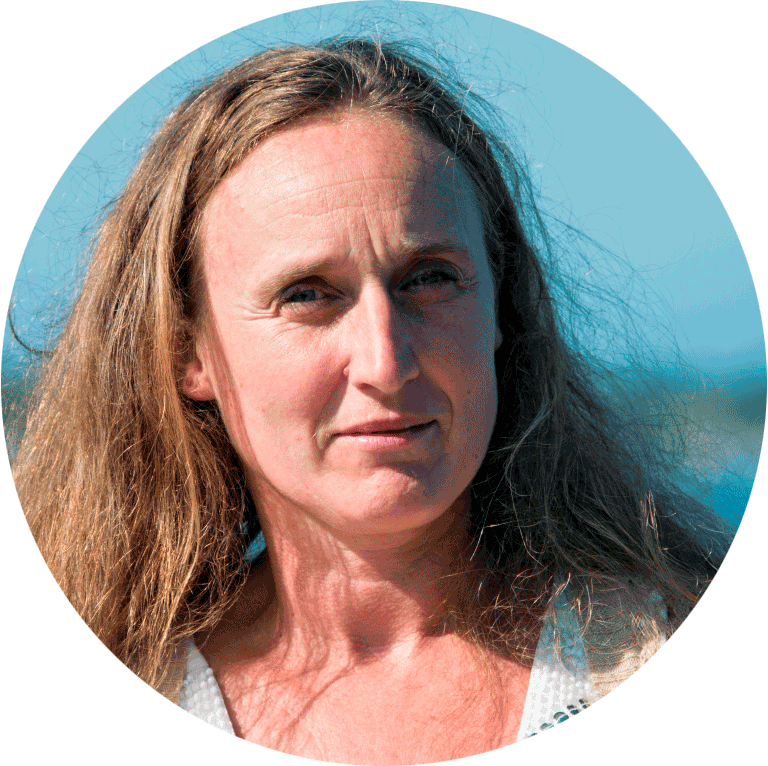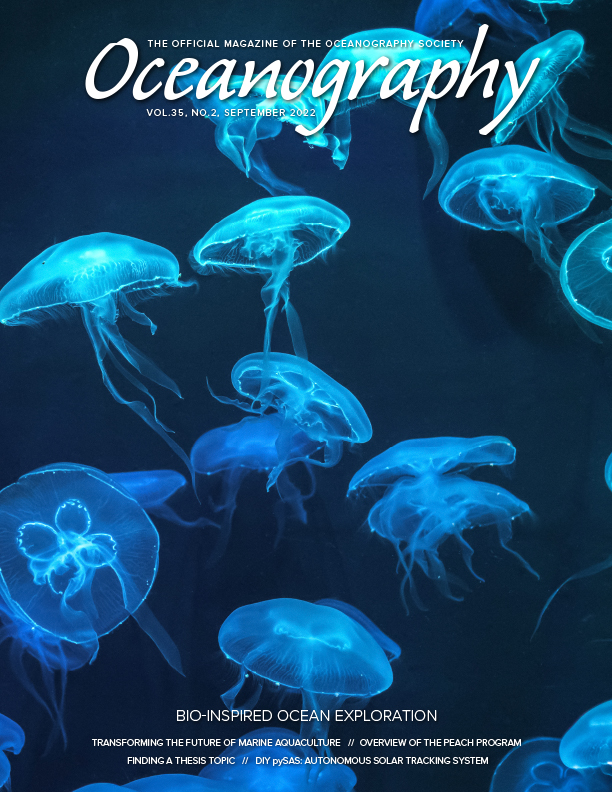TOS News
November 2022

From the President, Andone Lavery
This is a busy time of year with many opportunities to participate in TOS leadership activities.
I encourage TOS members to submit self-nominations for Vice-Chair, Early Career Representative, or Student Representative for the 2024 Ocean Sciences Meeting Planning Committee by December 1, 2022. The 2024 Ocean Sciences Meeting will be held in New Orleans from 18-23 February 2024 and all travel and attendance expenses are covered by TOS for the Co-Chair, Vice-Chair, Early Career, and Student Representatives. The 2024 TOS Vice-Chair assumes the position of TOS Co-Chair for the 2026 OSM meeting. These representatives play a critical role in planning for a successful Ocean Sciences Meeting, and participate in reviewing and merging proposed sessions, communicating with session chairs, collaborating with their ASLO and AGU counterparts, host, moderate, and monitor activities, invite speakers, and participate in determining activities for the OSM. This is a rewarding and collaborative experience, and I encourage TOS members to learn more and submit a self-nomination.

THE SEPTEMBER ISSUE IS ONLINE AND ON ITS WAY!
Below are links just a few of the interesting articles contained in this issue.
- Overview of the Processes Driving Exchange at Cape Hatteras Program
- The NSF Graduate Fellowship Program: An Analysis of Awards in the Ocean Sciences by Gender and Career Stage, 1996–2021
- Transforming the Future of Marine Aquaculture: A Circular Economy Approach
Members who selected to receive mailed copies will receive them in a few weeks. An email with instructions on downloading the PDF version was sent to all members on October 18.
EARLY CAREER AWARD RECIPIENT WEBINAR
Sea-Bird Scientific and TOS hosted a webinar honoring April Abbott and James Watson, recipients of the 2021 TOS Early Career Awards.
This event highlighted the ability of scientific societies and the private sector to come together to promote and highlight the science that is driving our understanding of key global questions, such as climate change, complexities in our oceanic environment, and international resource management. It also showcased the diversity in the type of research being done that is driving change across the globe.
April Abbott set the stage in showcasing the complexity in generating a holistic view of oceanic conditions, utilizing a detailed analysis of her chemical oceanographic research, which focused on utilizing Neodynium to trace water mass circulation.
James Watson helps put research such as April’s into perspective on a global scale – bettering our understanding of the implications of our changing ocean climate. From phytoplankton dispersion to the complexity and interconnectedness of our global food webs, James explains how we can better facilitate global oceanic resource management and allocation.
Sign Up for TOS News

© 2026 The Oceanography Society
1 Research Court, Suite 450-117, Rockville, MD, 20850, USA | Phone: (1) 301-251-7708 | [email protected] | Privacy Policy





